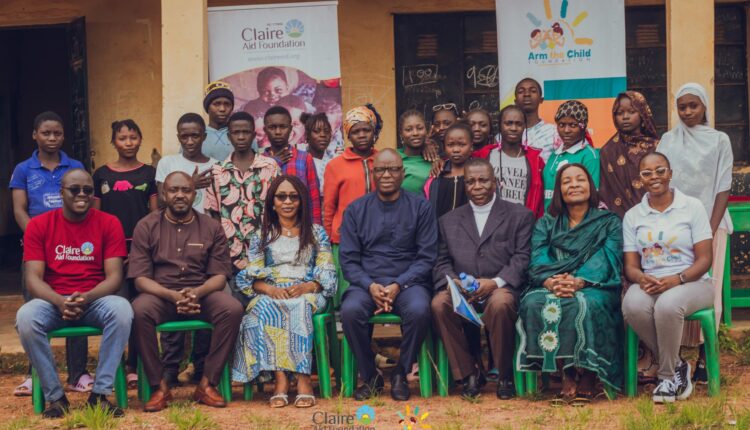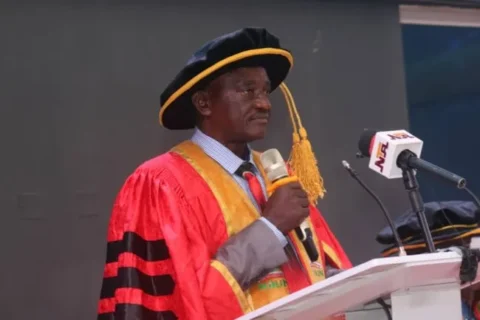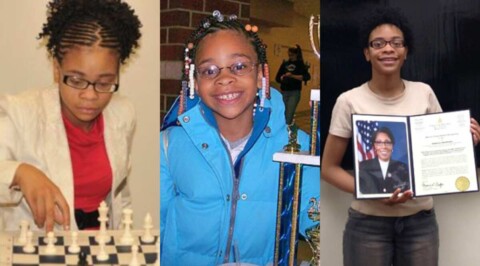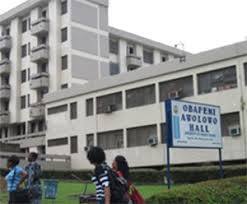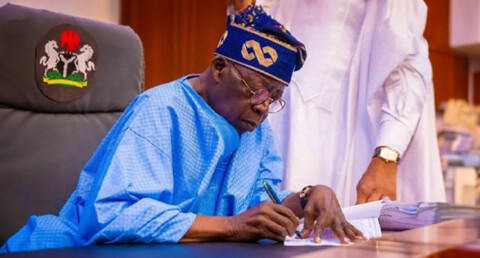The Plateau Government has committed to supporting vulnerable children in their educational journey, aiming to help them grow and positively impact their communities. This promise was made during the closing ceremony of summer classes organized for these children by two non-governmental organizations.
Mr. Mohammed Nyalun, the Commissioner for Secondary Education, made this commitment at an event held on Monday in Jebbu Miango, Bassa Local Government Area. He emphasized that the support is part of a broader initiative to assist children who have been forced out of school due to recent violent attacks in their communities. Nyalun was represented by Goyomma Iliya, a director in the Ministry of Secondary Education.
Iliya highlighted the impact of these attacks on the Jebbu Miango community, which has seen a significant number of children unable to attend school. The Plateau Government is dedicated to ensuring that every child of school age receives an education, despite these challenges.
Mrs. Caroline Pangiang, the Commissioner for Women Affairs, also praised the efforts of the NGOs involved in the summer classes. She expressed gratitude for their role in enriching the lives of vulnerable children in displaced communities. Pangiang, represented by Sunday Dabim from the Ministry of Women Affairs, assured the NGOs of the ministry’s continued support.
The Executive Director of the Army Child Foundation, Mrs. Shuwargwe Damak, shared that the summer school program, organized in collaboration with the Claire Aid Foundation, aimed to provide additional educational support. The program offered instruction in mathematics and English over four weeks and included vocational training in tie-dye and tailoring to help the children become self-sufficient.
Damak said the initiative is designed to provide children with essential skills and improve their education. It aims to help all children in need and support their learning.
Nenkinan Deshi, Director of the Claire Aid Foundation, stated that the goal is to inspire and empower vulnerable communities through child education, advocacy, and welfare programs.

